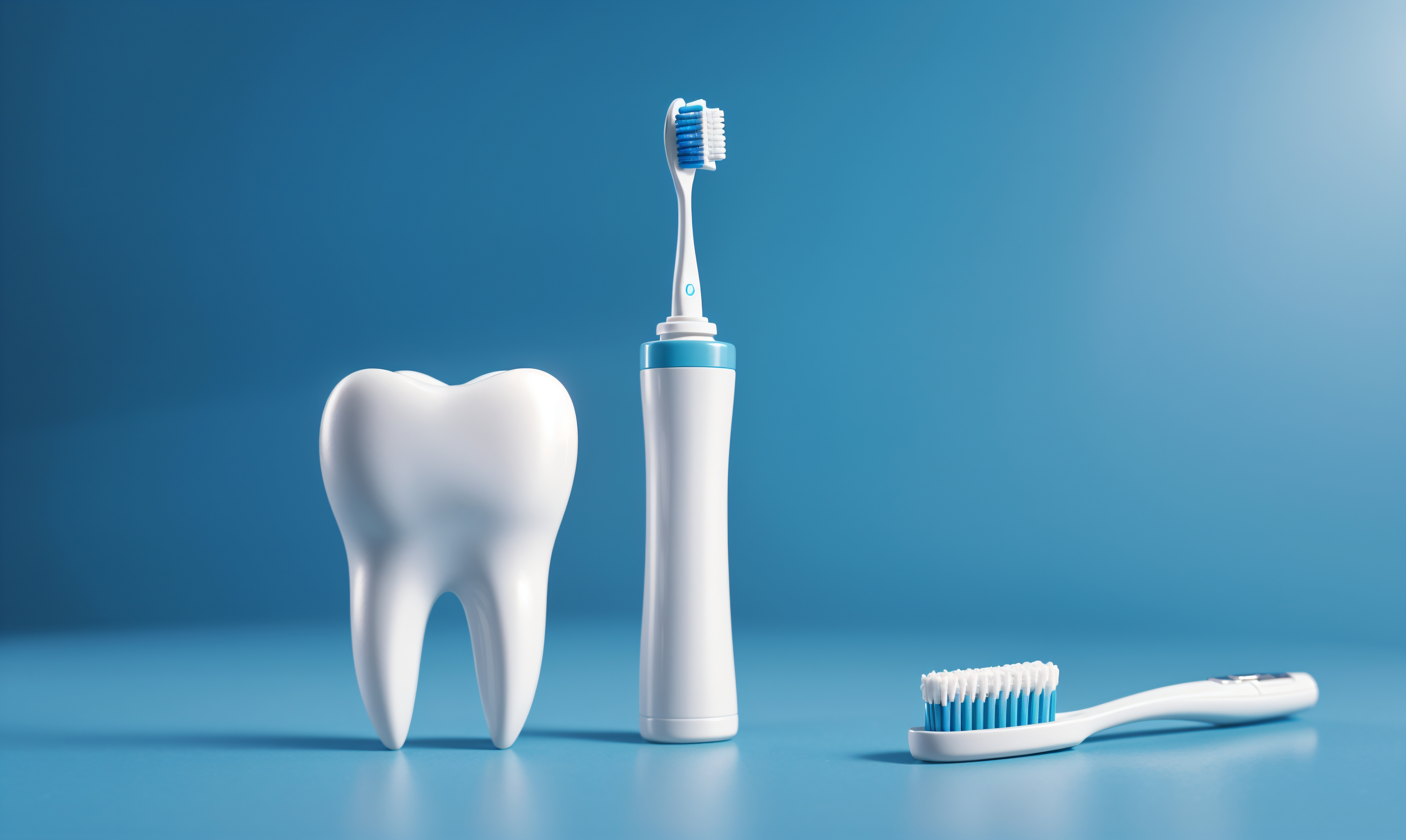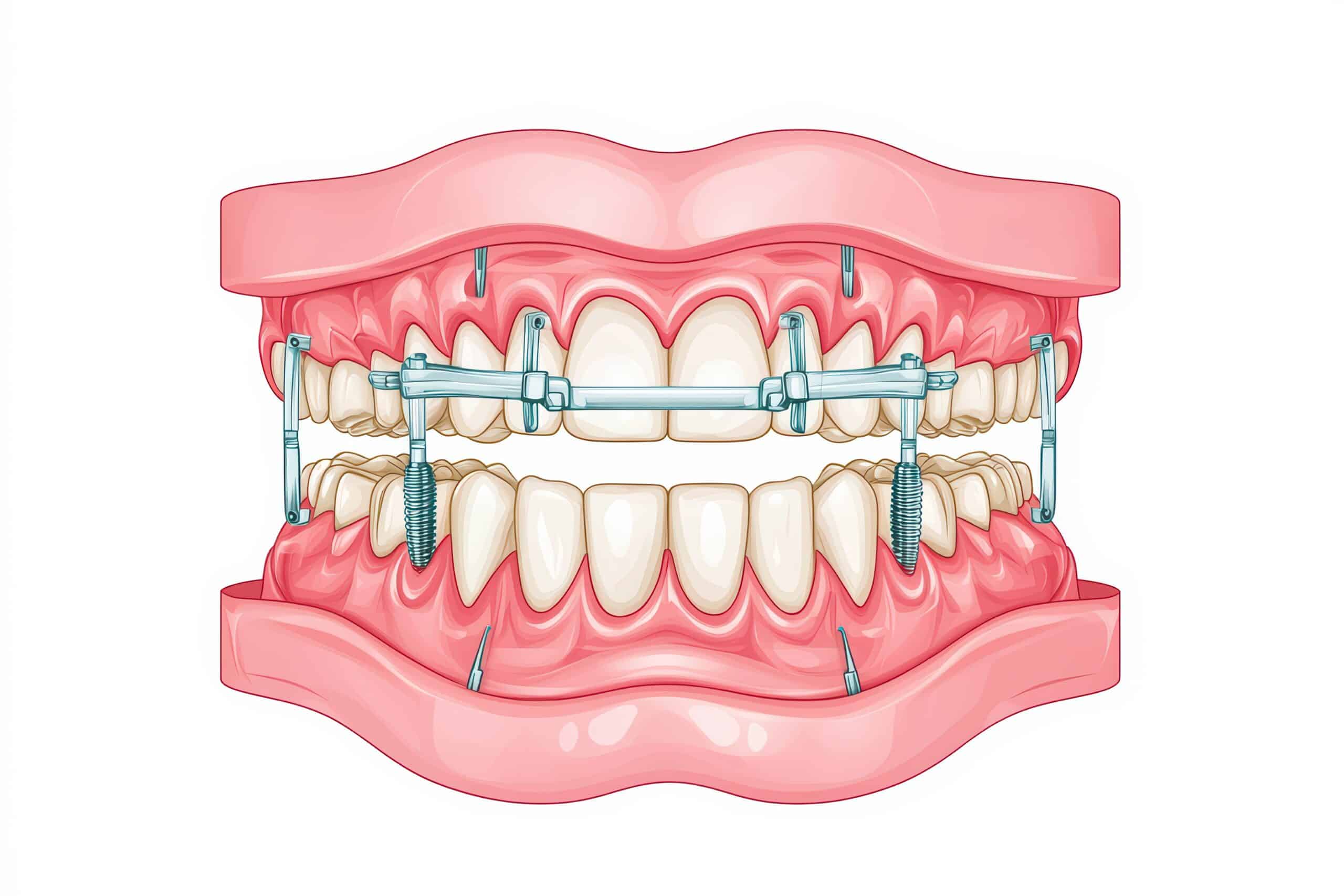People put off going to the dentist. They do this for different reasons ranging from fear to not having dental insurance or money to pay for it. A common reason for delaying a dental visit is they simply don’t want to make time for it. They see going to the dentist as a hassle.
Yet, maintaining your oral health is important for many reasons. It can help keep your smile looking good but can also help extend your life. There is a connection between oral health and other parts of your body like your heart, liver, and kidneys.
For instance, studies show that those with a lot of plaque and tartar have a higher rate of heart disease. There are some different reasons for the connection. One reason for the connection is that those who snore are at greater risk for heart disease as well as plaque and tarter.
Another study shows that people with missing teeth are at a higher risk for Alzheimer’s, although the link between the two remains under investigation and a subject of research.
One way oral health connects with the rest of your body is that you must eat to live. What you eat sometimes depends on how well your teeth and gums are functioning. Those who have missing or decaying teeth and periodontitis tend to focus on eating soft foods rather than nutritious foods. A lack of nutrition will affect your overall health.
It has been shown through various studies that fixing dental problems improves nutrition for those with numerous dental problems. That’s because they can eat more variety of foods, including vegetables and meats that were previously tougher to chew.
The Standard for Dental Visits
It has long been recommended that everyone should see their dentist for an exam twice a year. This will include X-rays on one of those visits as X-rays are recommended yearly. It will include an exam and a dental cleaning at each visit.
Dental cleanings are important because they remove tartar and plaque that can cause tooth decay and gum disease. It’s a way to keep your teeth and gums healthy.
A dental exam can also reveal problems that are unnoticed by you like an early cavity or a cracked tooth. These are issues that can become serious if left untreated.
Catching a cavity in its earliest stage could mean it can be reversed with a fluoride treatment. That means you won’t need a filling! This can only be done in a stage one cavity. Seeing your dentist twice a year will be sure to catch cavities in their earliest stages.
You May Need More Visits
Some dental patients need to see a dentist more than twice a year for exams or cleanings. This may include people with ongoing dental issues that will require procedures and further check-ups. However, it can also include those who have more trouble with tartar and plaque than others but otherwise have no dental problems.
Tartar and plaque have always been attributed to improper oral hygiene but some brush and floss daily but still have an over-accumulation of tartar and plaque. Typically, these people are those who are mouth-breathers, snorers, or who have sinus or nasal problems.
Those who breathe through their mouths are going to have more trouble with tartar and plaque compared to others who sleep with their mouths closed. Air dries out the mouth, giving a green light to bacteria to grow.
It’s a good idea for those with this type of oral issue to visit a dentist three times a year for an additional exam and cleaning to keep bacteria under control. It is also recommended that they schedule a deep cleaning at least once a year to keep up with oral hygiene.
A deep tooth cleaning is where the hygienist or dentist goes under the gum line to remove the plaque and tartar buildup. It involves using both a topical and injected anesthetic to numb the side of the mouth being worked on.
Some dentists or hygienists will schedule a deep cleaning in two sessions. Each session works on one side of the mouth so the whole mouth isn’t numbed.
A deep tooth cleaning has the added benefit of treating or preventing gum disease. Some patients may need to add in-office remineralization to their oral health care. Remineralization is a fluoride treatment that can strengthen tooth enamel and even reverse early-stage cavities.
We try to make going to the dentist a comfortable, hassle-free experience! Our waiting areas are warm and we strive to get patients in at their appointment times. With TVs to distract and friendly staff, you will find scheduling and keeping your dental appointments are easier than ever. You can even schedule online! Call or book an appointment now and get up to date with your dental care!








